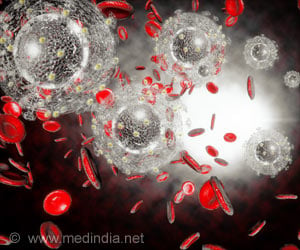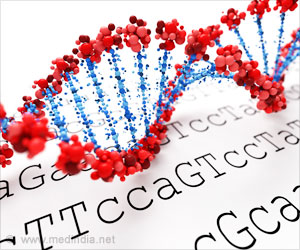For the first time, scientists have used CRISPR-Cas9 guided gene editing to prevent genetic disorders before birth. An effective tool was used for prenatal gene editing to edit out disease-causing genes in the fetus.
- CRISPR-Cas9 has been hailed as the gene editing tool of choice to correct genetic disorders
- For the first time, scientists have used CRISPR-Cas9 guided gene editing to prevent genetic disorders before birth
- An effective tool was used for prenatal gene editing to edit out disease-causing genes in the fetus
- CRISPR-Cas9 and base editor 3 (BE3) gene-editing tools were used to reduce cholesterol levels, improve liver function and prevent neonatal death
Read More..
The disease appears in infancy and presents with symptoms like jaundice, vomiting, diarrhea, nosebleeds and general weakness. HT1 can often lead to total liver and kidney failure.
Treatment with nitisinone must be started at the earliest along with a strict diet with restricted tyrosine and phenylalanine.
The proof-of-concept demonstrated by the research group is a precursor to the potential for CRISPR-Cas9 guided gene editing to cure genetic disorders before birth. According to the study co-leader William H. Peranteau, MD, pediatric and fetal surgeon at CHOP's Center for Fetal Diagnosis and Treatment, the team hopes to use this strategy for prenatal interventions to cure hereditary diseases which have no treatment and potentially fatal.
Kiran Musunuru, MD, PhD, MPH, associate professor of cardiovascular medicine at Penn and study co-leader said that the group used base editing to turn off the disease-causing genetic mutation.
To deliver BE3, the group used adenoviruses which are proven to be effective in gene therapeutics. The group is also looking at other delivery mechanisms like lipid nanoparticles to avoid unintended side effects of adenoviruses.
The study has been published in Nature Medicine.
References:
- Treatment of a metabolic liver disease by in vivo genome base editing in adult mice - (https://www.nature.com/articles/s41591-018-0209-1)
- Tyrosinemia type 1- (https://rarediseases.info.nih.gov/diseases/2658/tyrosinemia-type-1)
Source-Medindia













